- Home
- Prelims
- Mains
- Current Affairs
- Study Materials
- Test Series
24th July 2021
TWO POLICEMEN SENTENCED TO LIFE IMPRISONMENT FOR KARNAL CUSTODIAL DEATH
Recently, a special CBI court on July 16 convicted two policemen and awarded them life sentences for the custodial death of a murder accused, who was burnt alive inside a police station in Karnal.

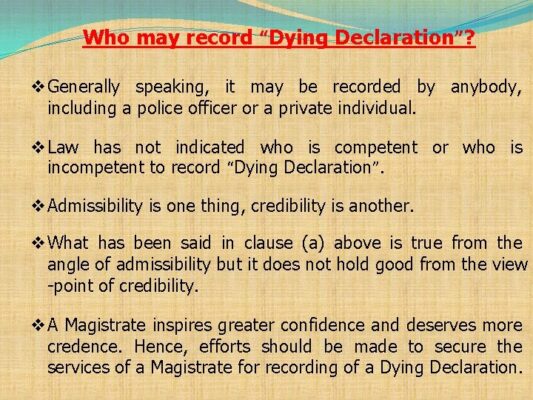
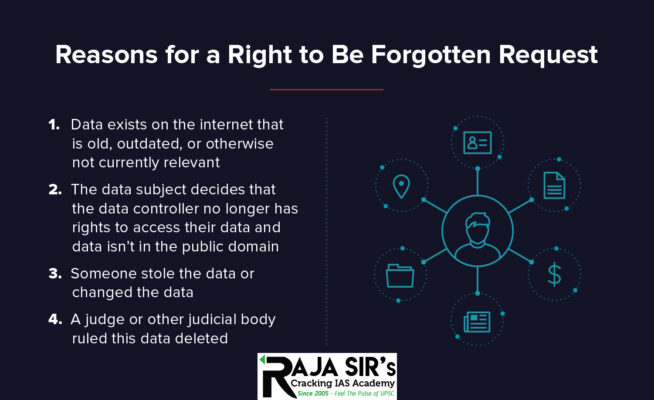
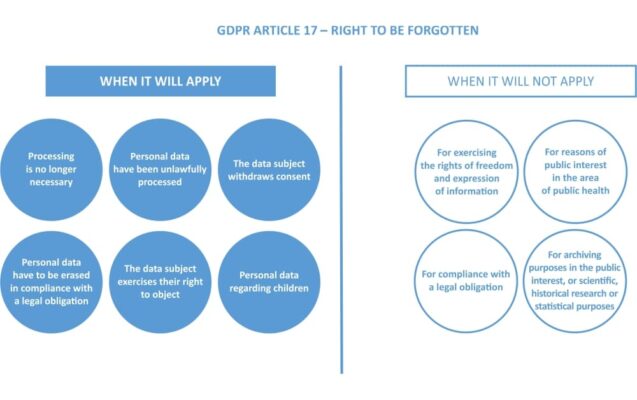
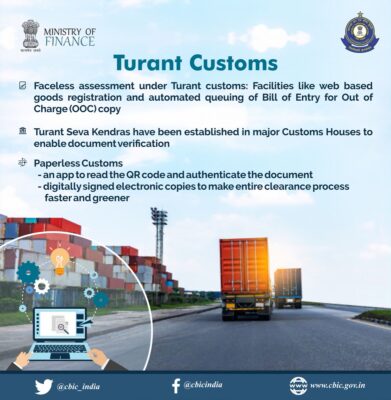
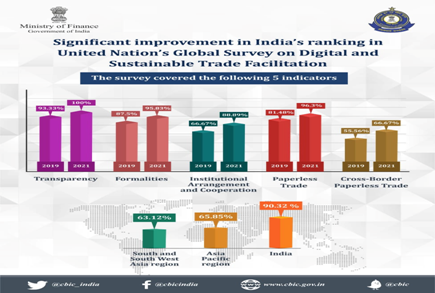
- The judgment relied heavily on the ‘dying declaration’ made by the victim prior to his death.

- The law presumes that no person will meet their maker with a lie in their mouth.
- The Section 32 of the Indian Evidence Act, 1872 deals with cases in which statement of relevant fact is made by a person who is dead or cannot be found.
- The general rule under Section 60 of the Act is that all oral evidence must be direct i.e. he heard it, saw it or perceived it.
- The grounds of admission under a dying declaration have been based on two broad rules:
- The victim being generally the only principal eye-witness to the crime; and
- The sense of impending death, which creates a sanction equal to the obligation of an oath
- The grave position of the person is also the reason in law to accept veracity of his statement, dispensing with the requirements of oath and cross-examination.
- An exclusion of this dying declaration would also leave the court without a scrap of evidence.
- It is worthwhile to note that the accused has no power of cross-examination.
- It is the reason the courts have always insisted that the dying declaration be of such a nature as to inspire full confidence of the court in its correctness.
- The courts are on guard to check if the statement of the deceased was a result of either tutoring, or prompting or a product of imagination.
- The court in such cases must be further satisfied that the deceased was in a fit state of mind after a clear opportunity to observe and identify the assailant.
- The courts look to determine that such declarations are voluntary, unless it is proved that the declaration was tainted with animosity and a result of tutoring.
- The Supreme Court had even noted that the dying declaration made through signs, gestures or by nods are admissible as evidence.

- Anyone can record the dying declaration of the deceased as per law.
- The law does not compulsorily require the presence of a Judicial or Executive Magistrate to record a dying declaration.
- A dying declaration cannot be relied upon as the solitary piece of evidence unless recorded by a Judicial or Executive Magistrate.
- A dying declaration recorded by a Judicial or Executive Magistrate will muster additional strength to the prosecution case though.
- A dying declaration may in several cases be the primary piece of evidence to prove the genesis of occurrence.
- The only requirement for such a declaration to be held perfectly accountable in court is for the victim to volunteer the statement and be of conscious mind.
- The person who records the dying declaration must be satisfied that the victim is in a fit state of mind.
- A dying declaration can form the sole basis of conviction and the rule requiring corroboration is merely a rule of prudence.
- The judgments have noted that it is neither rule of law nor of prudence that dying declaration cannot be acted upon without corroboration.
- If the court is satisfied that the dying declaration is true and voluntary it can base conviction on it, without corroboration.
- The court has to scrutinize the dying declaration carefully and must ensure that the declaration is not the result of tutoring, prompting or imagination.
- It should not be acted upon without corroborative evidence where a dying declaration is suspicious.
- A dying declaration which suffers from infirmity cannot form the basis of conviction and merely because a dying declaration does not contain the details as to the occurrence.

- It falls under the purview of an individual’s right to privacy, which is governed by the Personal Data Protection Bill that is yet to be passed by Parliament.
- It goes in sync with the “Right to Privacy”, which is an integral part of Article 21 of the Constitution, which concerns the right to life.
- In 2017, the court said that the right to privacy is protected as an intrinsic part of the right to life and personal liberty under Article 21 and as a part of the freedoms guaranteed by Part III of the Constitution.

- The Bill was introduced in Lok Sabha in 2019 and it aims to set out provisions meant for the protection of the personal data of individuals.
- Clause 20 under Chapter V of this draft bill titled “Rights of Data Principal” mentions the “Right to be Forgotten”.
- It states that the “data principal (the person to whom the data is related) shall have the right to restrict or prevent the continuing disclosure of his personal data by a data fiduciary”.
- Under the Right to be forgotten, users can de-link, limit, delete or correct the disclosure of their personal information held by data fiduciaries.
- A data fiduciary means any person, including the State, a company, any juristic entity or any individual who alone or in conjunction with others determines the purpose and means of processing of personal data.
- The sensitivity of the personal data and information cannot be determined independently by the person concerned, but will be overseen by the Data Protection Authority (DPA).
- The draft bill gives some provisions under which a data principal can seek that his data be removed, but his or her rights are subject to authorization by the Adjudicating Officer who works for the DPA.
- The Center for Internet and Society notes that the “right to be forgotten” gained prominence when the matter was referred to the Court of Justice of European Union (CJEC) in 2014 by a Spanish Court.
- In the European Union (EU), the right to be forgotten empowers individuals to ask organisations to delete their personal data.
- It is provided by the EU’s General Data Protection Regulation (GDPR), a law passed by the 28-member bloc in 2018.
- According to the EU GDPR’s website, the right to be forgotten appears in Recitals 65 and 66 and in Article 17 of the regulation, which states:
- The data subject shall have the right to obtain from the controller the erasure of personal data concerning him or her without undue delay and the controller shall have the obligation to erase personal data without undue delay.
- The EU’s highest court ruled in 2019 that the ‘right to be forgotten’ under European law would not apply beyond the borders of EU member states.
- It is aimed at preventing the staff of the government-owned ordnance factories from going on a strike.
- Around 70,000 people work with the 41 ordnance factories around the country.
- It is meant to provide for the maintenance of essential defence services so as to secure the security of nation and the life and property of public at large and for matters connected therewith or incidental thereto.
- It noted that since it is essential that an uninterrupted supply of ordnance items to the armed forces be maintained for the defence preparedness of the country and the ordnance factories continue to function without any disruptions.
- It was felt necessary that the Government should have power to meet the emergency created by such attempts and ensure the maintenance of essential defence services in all establishments connected with defence.
- It empowers the government to declare services mentioned in it as essential defence services:
- The cessation of work of which would prejudicially affect the production of defence equipment or goods; or
- The operation or maintenance of any industrial establishment or unit engaged in production of goods or equipment required for any purpose connected with defence; or
- Repair or maintenance of products connected with defence
- It also prohibits strike and lockouts in “any industrial establishment or unit engaged in essential defence services”.
- The government had announced corporatization of the Ordnance Factory Board, under which the 41 factories ammunition and other equipment to the armed forces will become part of seven government owned corporate entities.
- The OFB was directly under the Department of Defence Production and worked as an arm of the government.
- The government has claimed that the move is aimed at improving the efficiency and accountability of these factories.
- It has a direct bearing on around 70,000 employees of the 41 ordnance factories around the country, who are unhappy with the corporatization of OFB, fearing that it will impact their service and retirement conditions.
- It also mentioned that there should be no change in the service condition of the around 70,000 employees of the OFB.
- The employee unions and associations had threatened to go on strike last year as well, when the government had declared that it will start the process towards OFB corporatization.

- Central Board of Indirect Taxes and Customs (CBIC) has been at forefront of path breaking reforms under the umbrella of 'Turant' Customs to usher in a faceless, paperless and contactless customs by way of a series of reforms, the finance ministry statement said.
- This has had a direct impact in terms of the improvement in the UNESCAP rankings on digital and sustainable trade facilitation, it said.
- Further, during the COVID-19 pandemic, customs formations have made all efforts to expedite COVID related imports such as oxygen related equipment, life-saving medicines and vaccines.
- A dedicated single window COVID-19 24*7 helpdesk for EXIM trade was created on the CBIC website to facilitate quick resolution of issue(s) faced by importers.

- The Global Survey on Digital and Sustainable Trade Facilitation is conducted every two years by UNESCAP.
- The 2021 survey includes an assessment of 58 trade facilitation measures covered by the WTO's Trade Facilitation Agreement.
- After evaluation of 143 economies, the 2021 survey has highlighted India's significant improvement in the scores on all five key indicators...
- Transparency improved to 100 per cent in 2021 from 93.33 percent in 2019, formalities rose to 95.83 per cent in 2021 from 87.5 percent in 2019.
- Institutional arrangement and cooperation jumped to 88.89 percent in 2021 from 66.67 percent in 2019.
- Other parameters like paperless trade improved to 96.3 per cent in 2021 from 81.48 per cent in 2019 while cross-border paperless trade improved to 66.67 per cent in 2021 from 55.56 per cent in 2019.
- The survey notes that India is the best performing country when compared to the south and south west Asia region (63.12 per cent) and Asia Pacific region (65.85 per cent), it said.
- The overall score of India has also been found to be greater than many Organisation for Economic Co-operation and Development (OECD) countries including France, the UK, Canada, Norway, Finland etc. and the overall score is greater than the average score of the EU.
- India has achieved a 100 per cent score for the Transparency index and 66 per cent in the Women in trade component.
- Italy, which holds the rotating G20 presidency this year, said the environment communique had finally been agreed to the "great joy" of all 20 countries after "weeks of negotiations and a two-day non-stop session".
- The G20 meeting is seen as a key intermediate stage ahead of global climate talks known as COP 26 to be held in Glasgow in November.
- The urgency of climate action has been brought home this month by deadly floods in Europe, fires in the United States and sweltering temperatures in Siberia, but countries remain at odds on how to pay for costly policies to reduce global warming.
- Developed countries agreed at the United Nations in 2009 to together contribute $100 billion each year by 2020 in climate finance to poorer countries, many of whom are grappling with rising seas, storms and droughts made worse by climate change. However, that target has yet to be met.
- Akamai is a global content delivery network (CDN) and cloud services platform that is rented by online content and commerce services apps.
- On 22 July 2021, Akamai faced a disruption on its Edge DNS service that took down platforms such as Zomato, Paytm, parts of Amazon, Airbnb, PlayStation Network, Steam, Disney+Hotstar, etc for a short while.
- Edge DNS as a technology provides a shorter route for DNS, or domain name services, between a company’s servers and its users, thereby drastically decreasing resolution times and providing low latencies.
- In June, a major issue with the content delivery network of American cloud computing services provider Fastly caused several large websites to go down globally for about half an hour.
- Just like Akamai, Fastly is a cloud computing services provider, which offers CDN, edge computing, cloud storage services.









 Latest News
Latest News
 General Studies
General Studies